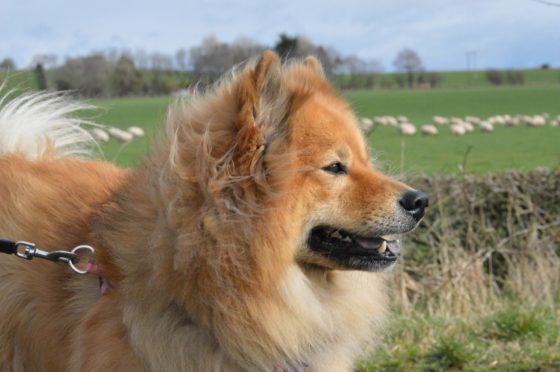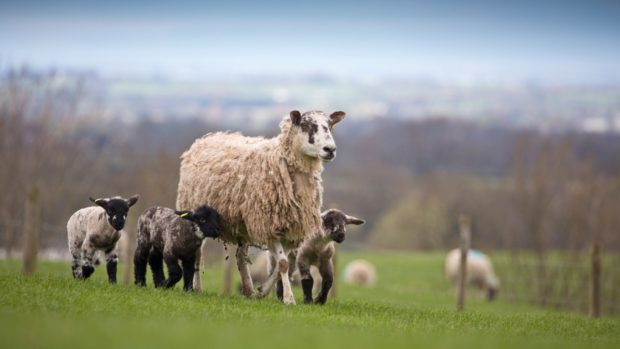Farmers have reported an increase in dog attacks on sheep in the past three years, according to a new survey.
Results from the National Sheep Association‘s (NSA) latest sheep worrying by dogs survey reveal 75% of farmers believe the number of incidents has increased since 2019 with the majority of cases involving a single dog injuring or killing multiple sheep.
The survey also revealed an increase in the number of sheep killed by dogs in the past year, with the average number of incidents occurring on each farm ranging from one to 10 a year.
Although farmers responding to the survey reported a decrease in the number of sheep injured by dogs in the past year, 67% reported production losses and/or miscarriage in ewes as a direct result of worrying.
The cost of dog attacks on sheep varied with some farms reporting losses of up to £10,000, however the average annual cost was £1,232.
The majority of sheep farmers – 58% – found out about sheep worrying incidents after discovering the scene of the incident, 56% were told by someone else, and only 3% were told by the owner of the dog.
Almost two-thirds of farmers – 63% – said they received a negative response from dog owners when they approached them and asked them to put their dog on a lead, with 54% reporting verbal abuse, 49% saying they were ignored by the dog owner, 21% reporting feeling intimidated by the dog owner, and 16% saying the dog owner politely refused to put their pet on a lead.
A small number of farmers – 3% – reported physical abuse from dog owners, while 11% said they experienced retribution, such as vandalism on their farm, as a direct result of asking a dog owner to put their pet on a lead.
NSA chief executive, Phil Stocker, said: “The problems caused by out of control dogs are still really common and the stress, anxiety and costs are still a real blight on our industry.”
He welcomed survey findings which showed an increase in the number of farmers reporting incidents to the police, with 81% of survey respondents saying they did so, along with improvements to the way these incidents were handled.
“We have always said that until all cases are reported then we are not going to be able to get a handle on the trends,” said Mr Stocker.
“We are also finding that the police are taking this more seriously now and responding in a more positive way; previously it was really common for farmers to say that they reported cases to the police and had no response or a negative response.”
Going forward, Mr Stocker said the NSA would work with farmers to support them in dealing with livestock worrying incidents, as well as engaging with governments and members of the public to encourage them to keep their dog on a lead.
“We don’t want to see a future where the countryside is locked up,” said Mr Stocker.
“We want to see people out behaving responsibly with their dogs under control and on a lead.”
The NSA’s annual livestock worrying campaign #LeadOn will run this month.


